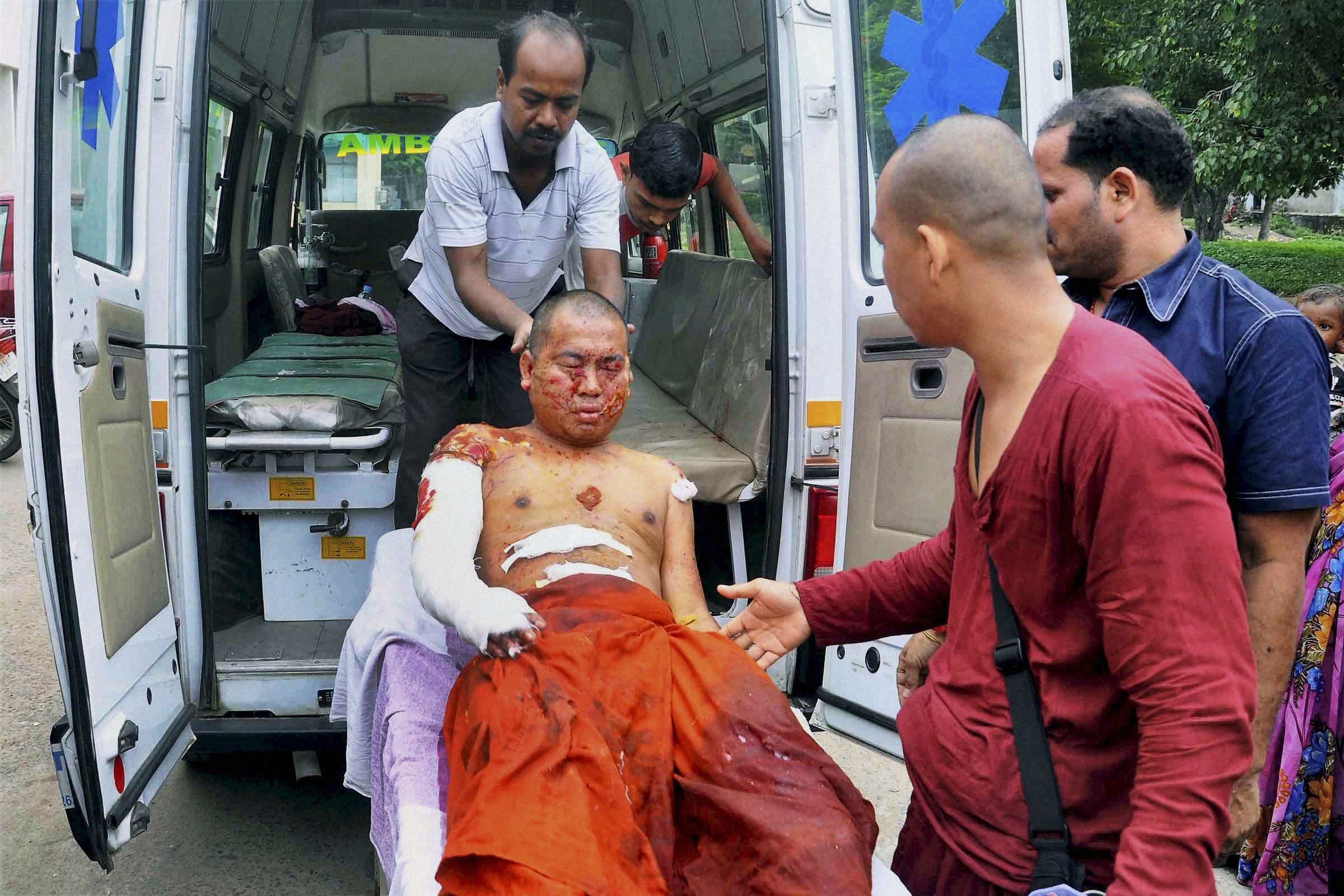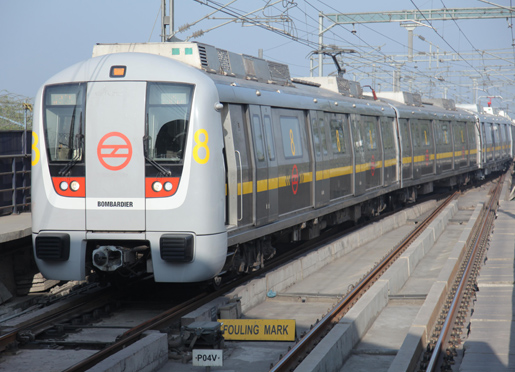CASE STUDY 12
IQBAL KASKAR, Brother of Dawood Ibrahim
[box]
FACT FILE
Iqbal Kaskar returned to India from Dubai in March 2003. He was arrested at the airport and booked under MCOCA
Police said Kaskar was working for his brother, Dawood Ibrahim, and forced property owners to sell to him cheaply to build a shopping mall
In 2007, a judge acquitted Kaskar, saying the police failed to provide evidence against him
[/box]
ON MARCH 19, 2003, Iqbal Hassan Ibrahim Kaskar returned to India for the first time in a decade from Dubai, where he had been living with his wife and three children. He was arrested upon landing at Mumbai’s international airport.
Kaskar wasn’t some topranked fugitive from the law. Yet, his arrest made frenzied news. You see, Kaskar, 53, is the younger brother of India’s most wanted mafia don, Dawood Ibrahim, who himself is said to be living in Dubai and Pakistan for over two decades.
New Delhi blames Dawood for running a two-decade terror campaign against India in cahoots with Pakistan’s intelligence service, the ISI. A catch like Kaskar, fresh from Dubai, should, therefore, have been god’s answer to India’s prayers. Sure enough, Mumbai Police claimed they had evidence that Kaskar had been leading an “organised crime syndicate” on behalf of his brother, Dawood, even before returning to India. This gang, police said, had forced residents in a central Mumbai neighbourhood to sell their property dirt cheap to make way for an illegal shopping complex to be built on more than 2,700 sq yards close, ironically, to the Mumbai Police headquarters. Police said the case was fit to be tried under MCOCA. Nine men were made accused. Kaskar was accused number 3.
Those allegedly threatened included low-income residents who had indeed sold off their small huts to the accused number 1 by 1997. These former owners, police said, gathered courage after six years to give evidence. Other accused included officials of Mumbai’s municipal corporation, BMC, who allegedly connived with the accused to illegally allow the shopping complex, named Sara-Sahara, to come up. Most witnesses said they had wanted up to Rs 5 lakh per hut, but were threatened into accepting Rs 75,000 to Rs 1.2 lakh for each hut. One man who ran a garage broke down in court, saying he was forced to sell his property worth Rs 45 lakh for only Rs 33 lakh.
ANOTHER PART of the case related to the dubious sale of an ice factory adjacent to the Sara-Sahara property. The prosecution claimed that Kaskar’s men forced the factory owner to sell it at Rs 4.58 crore, far less than the amount of Rs 12.51 crore agreed on earlier. The prosecution said the buyers routinely threatened the residents in the name of Dawood Ibrahim and his lieutenant, Chhota Shakeel.
The trial lasted over four years. The judge found there was enough evidence to hold the accused number 1 and two others acting with him guilty of forcing the residents to sell their land cheaply. But the case against Kaskar was not proved because none but one witness named him as having threatened them. And the woman who police said had named Kaskar in her complaint later denied she did so.
 So inept was the prosecution that while the judge said there was evidence to link Kaskar with the other accused who had been found guilty, there was no evidence to prove that Kaskar had participated in the crime of threatening the original property owners.
So inept was the prosecution that while the judge said there was evidence to link Kaskar with the other accused who had been found guilty, there was no evidence to prove that Kaskar had participated in the crime of threatening the original property owners.
“It is the responsibility of [the] investigating officer to bring at least some evidence to link up accused number 3 with the accused no 1 and 2,” Special MCOCA Judge MR Bhatkar wrote in her order of June 2007. “However, the prosecution did not tender any evidence against accused number 3 to prove the offence.”
The judge slammed the police for creating the charges against Kaskar because he was Dawood’s brother. “In the eyes of the law each person has an independent status unless any criminal connection is brought on record,” she wrote. “A person may be closely related to any known wanted accused in the underworld, however it is not sufficient circumstance to prove him guilty under MCOCA.”
Shockingly, even police officers turned, if it can be said of them, hostile. DCP Pradeep Sawant said he did not “recollect” giving any report against Iqbal Kaskar in respect to his intercepted telephone conversation “disclosing that it was a threat [the] to security of [the] state”. The judge wrote that the phone conversations between Kaskar and others “do not reveal any threat or pressure or violence showing [an] attempt or use of threat, pressure, coercion, intimidation or any kind of violence on any person…”
The judge said police had failed to prove that Kaskar had a nexus with Dawood Ibrahim and Chhota Shakeel
Nothing could have been more damaging to the prosecution’s case than the admission by none other than the Investigating Officer of the case, ACP Shankar Kamble, that he “did not have anything to prove that Iqbal Kaskar has made any pecuniary benefits of transactions made between them.” Says Kaskar’s lawyer, Rizwan Merchant: “This is a landmark judgment. Instead of going after the people who are clearly beyond their reach, the police arrested family members, whether or not they were associated with it, and called them part of organised crime.”
Of course, it is quite possible that Kaskar is indeed connected with Dawood Ibrahim’s mafia empire. If that is true, then MCOCA has entirely failed in its stated purpose: to finish off the underworld.
EMAIL:
ajit@tehelka.com
rana@tehelka.com




